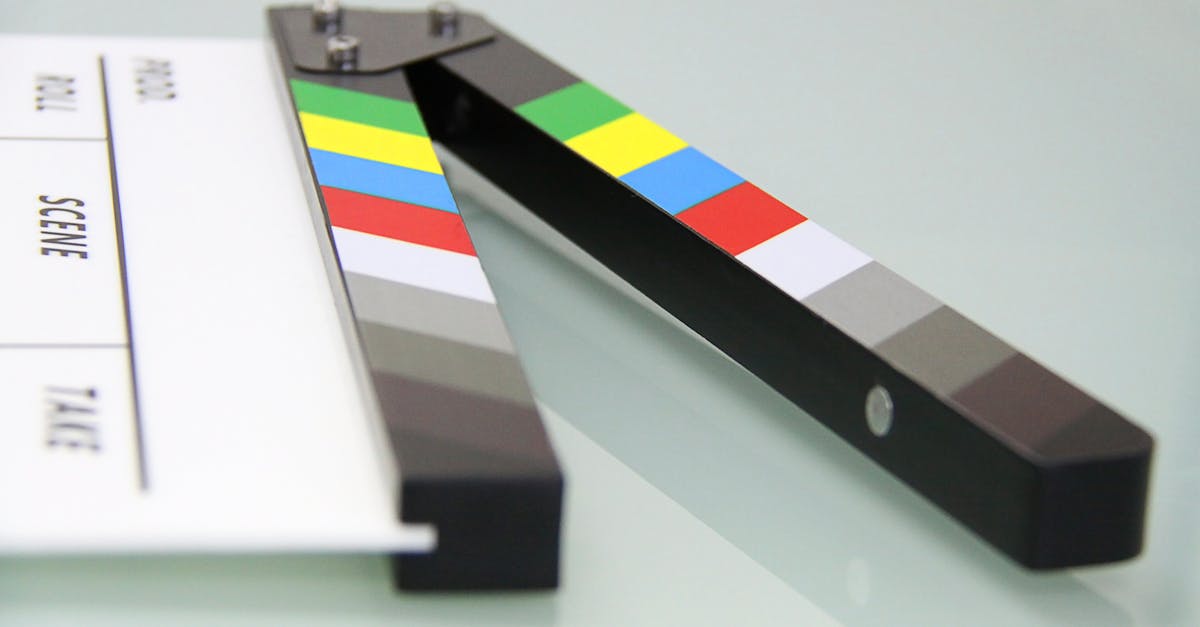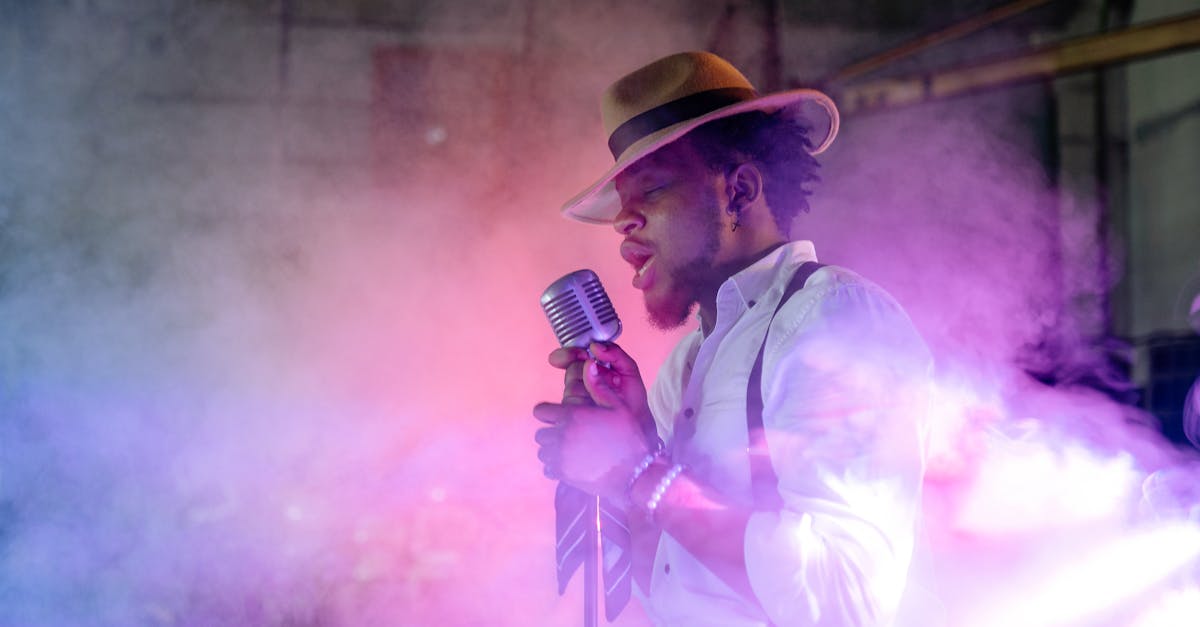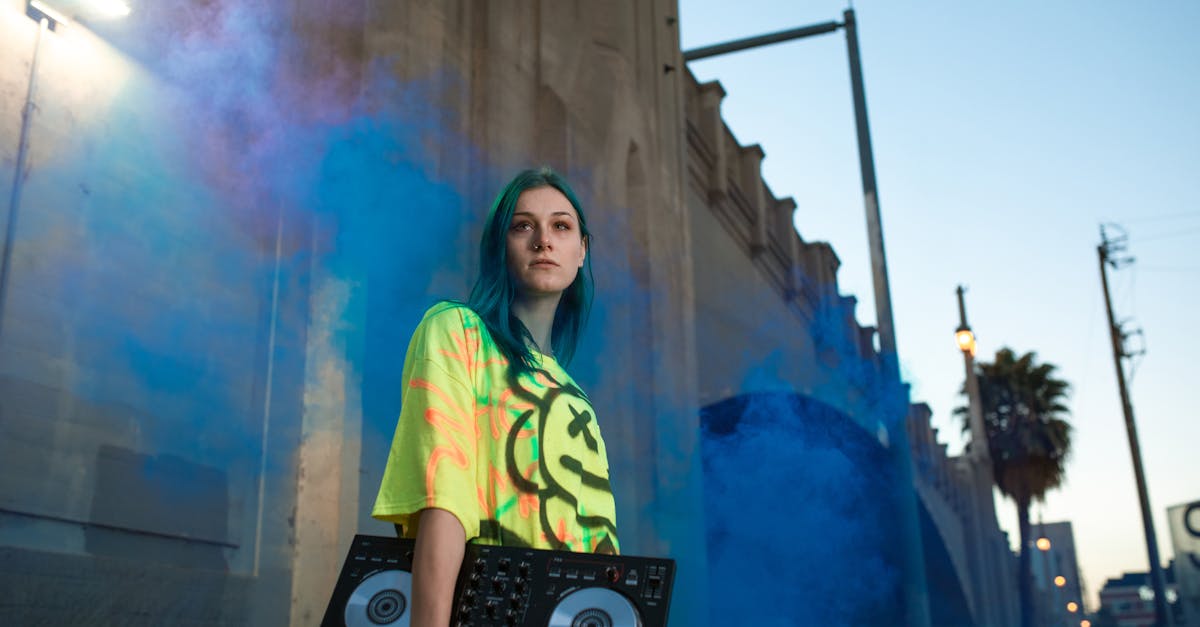The Influence Of Memes On Modern Pop Culture
Introduction
Memes have become an integral part of modern pop culture, influencing how people communicate, entertain, and express themselves. These humorous and often satirical images, videos, or text spread rapidly across social media platforms, resonating with millions worldwide. As memes continue to evolve, they impact various aspects of society, making them a fascinating subject of study.
Advertisement
A Historical Overview
Memes, as a concept, originated from Richard Dawkins' 1976 book "The Selfish Gene," where he coined the term as a cultural parallel to biological genes. However, what we recognize as memes today began to take shape with the advent of the internet in the late 1990s and early 2000s. Simple image macros and viral videos on platforms like early Reddit and 4chan laid the groundwork for the digital memes of today's social media age.
Advertisement
Communication and Language
Memes have transformed communication by introducing a new visual language that transcends linguistic barriers. Short, relatable, and often visual, memes convey complex emotions and cultural references with just a few elements. Whether it's a popular reaction GIF or a witty caption, memes can communicate thoughts and emotions faster and often more effectively than traditional text.
Advertisement
Entertainment Industry Influence
Memes have infiltrated the entertainment industry, providing material for creatives and marketing professionals. Movies, TV shows, and music often embrace memes, either referencing popular ones or even creating content that can be memed. This symbiotic relationship helps make content more relatable and engaging, attracting audiences through humor and familiarity.
Advertisement
Political and Social Commentary
Memes have also emerged as powerful tools for political and social commentary. They enable individuals and groups to critique, satirize, or support political figures and ideologies in humorous and easily digestible formats. This accessibility can mobilize and sway public opinion, especially among younger generations who frequent social media.
Advertisement
Impact on Advertising
Advertisers have successfully harnessed the viral nature of memes to create impactful and shareable marketing campaigns. Brands often adopt trending memes or generate meme-like content, tapping into the cultural zeitgeist. This marketing strategy not only increases brand visibility but also fosters a sense of community and relatability with consumers.
Advertisement
Challenges and Criticisms
Despite their popularity, memes face criticism for propagating misinformation, stereotypes, and harmful ideologies. Their rapid spread and lack of context can distort facts and perpetuate false narratives. As they often employ humor, discerning the intent or truth behind a meme can be challenging, raising concerns about their impact on public discourse.
Advertisement
Memes As A Reflection of Society
Memes reflect the collective consciousness, capturing and commenting on societal trends, anxieties, and milestones. From the humorous depiction of daily struggles to reactions to world events, memes echo the cultural pulse. As such, they provide valuable insights into societal values and attitudes, functioning as a digital time capsule for future generations.
Advertisement
The Future of Memes
As technology advances, memes are likely to become more sophisticated, integrating augmented reality and artificial intelligence to evolve beyond static images or short videos. Their role in pop culture will only deepen as they adapt to new digital platforms and continue to engage and influence audiences worldwide. The meme phenomenon is here to stay, promising an exciting future for content creators and consumers alike.
Advertisement
Conclusion
Memes have become a powerful cultural force, deeply impacting how we communicate, entertain, and engage with the world around us. From shaping digital communication to influencing politics and advertising, their significance can't be overstated. As they continue to evolve, their role in modern pop culture remains dynamic and ever-relevant.
Advertisement


